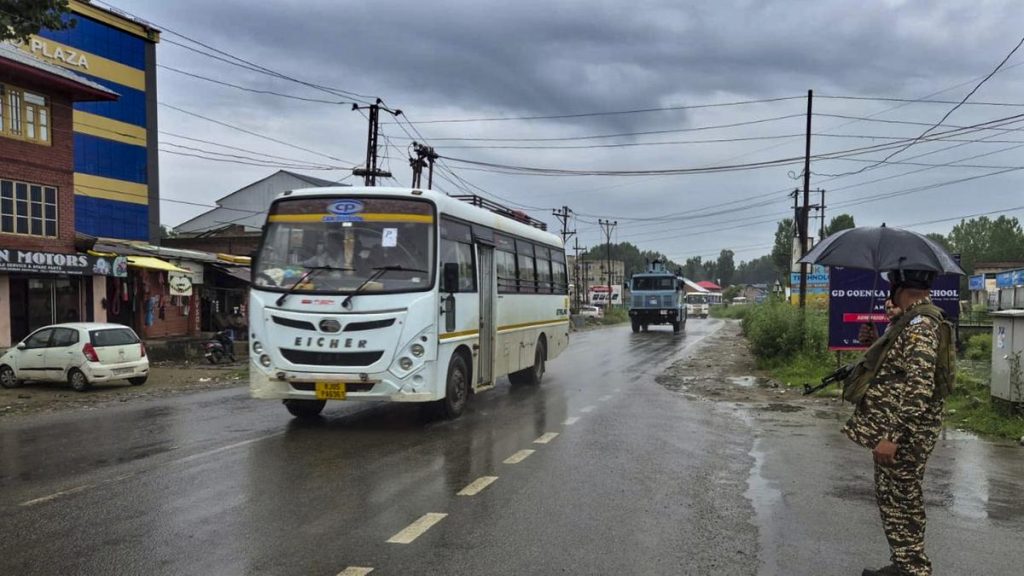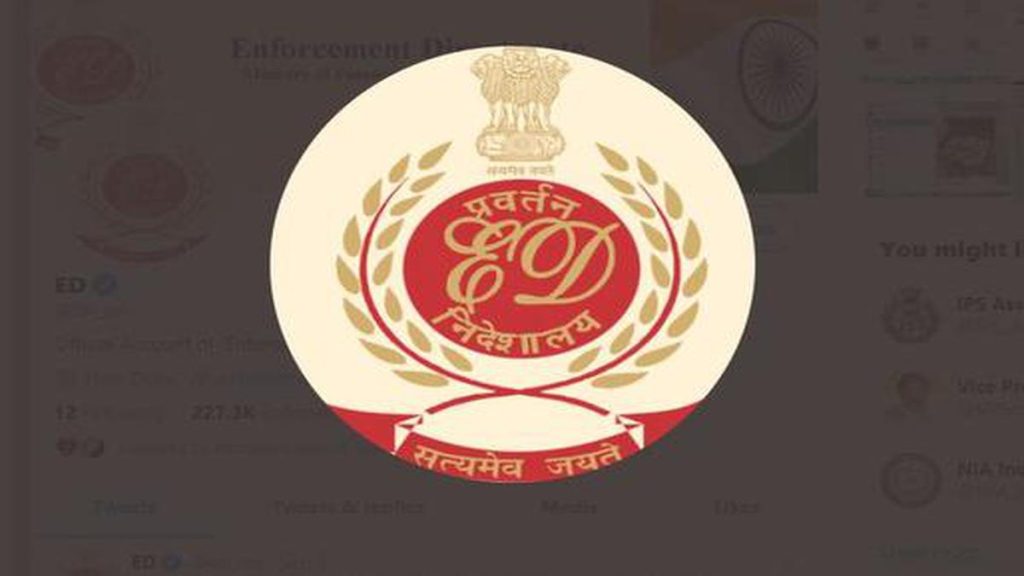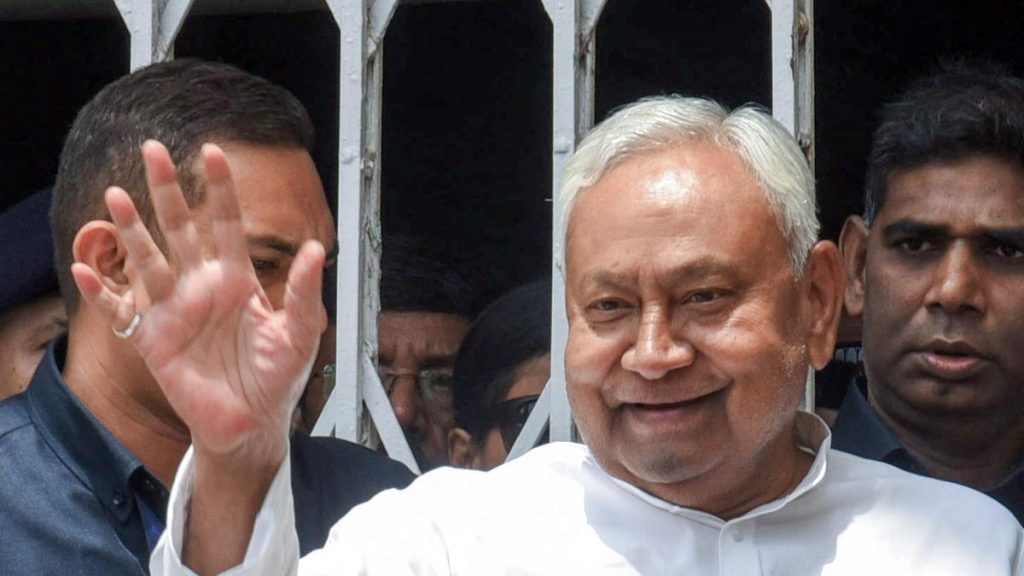Now Reading: MGP Raises Concerns Over Footpath Encroachments, Kukkarhalli Lake Delay
-
01
MGP Raises Concerns Over Footpath Encroachments, Kukkarhalli Lake Delay
MGP Raises Concerns Over Footpath Encroachments, Kukkarhalli Lake Delay
Fast Summary
- Mysore Grahakara Parishat (MGP), a civic NGO, has raised concerns about footpath encroachment and the delay in rejuvenation work at Kukkarhalli lake and Poornaiah canal in mysuru.
- A recent fatal accident involving a senior citizen near Vivekananda Circle has reignited discussions on pedestrian safety.
- Legal contradictions between the Street Vendors Act, 2014 (allowing licensed vendors) and a Supreme Court directive to remove encroachments for pedestrian safety are identified as key challenges.
- MGP questioned whether Mysuru City Corporation (MCC) can provide alternate vending spaces for approximately 7,000 licensed street vendors while addressing corruption in permit issuance and verification of vendor authenticity.
- The NGO proposed forming a Pedestrian Safety Committee including elected leaders, vendor associations, NGOs, police, urban planners, and MCC officials to create an effective resolution framework.
- MGP suggested offering incentives for vendors relocating from strategic business areas while balancing economic considerations with essential safety measures.
- MGP also emphasized urgency in kukkarhalli lake restoration by removing water-flow obstructions caused by encroachments and expediting the tendering process with local expert consultation.
Indian Opinion Analysis
The issues highlighted by the MGP underline critical governance challenges faced across urban India-balancing public safety with economic livelihoods. The contradiction between central law supporting street vending as a livelihood and Supreme Court directives ensuring pedestrian rights encapsulates broader concerns over reconciling legal frameworks without harming vulnerable groups like street vendors or compromising citizens’ right to safe movement.
Mysuru’s growing infrastructure demands call for transparent coordination across administrative bodies.Pedestrian Safety Committee proposals reflect an inclusive approach that acknowledges social realities-vendors rely on foot traffic but must also avoid compromise of public welfare. Incentivizing relocation appears pragmatic yet challenging due to feasibility concerns regarding replicating current business dynamics elsewhere.Beyond public roadsides lies environmental urgency; restoring natural waterways such as lakes can have lasting local ramifications-from flood mitigation to ecological preservation. addressing these growing urban complexities will require sustained commitment from both authorities and civic stakeholders alike.
Read More: Link























